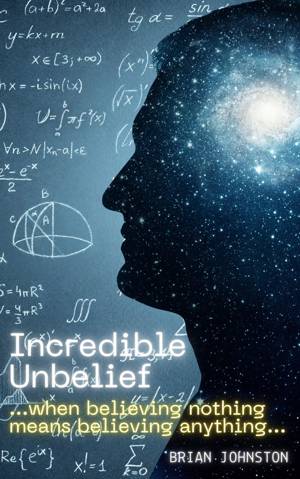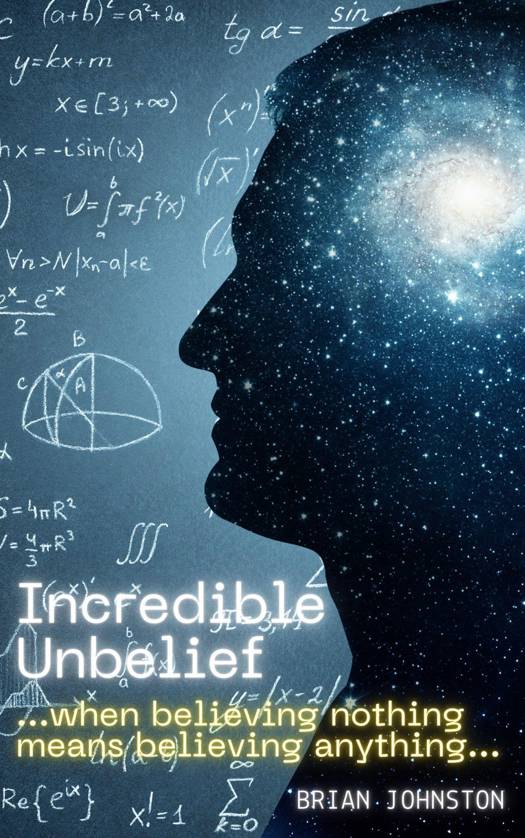
- Retrait gratuit dans votre magasin Club
- 7.000.000 titres dans notre catalogue
- Payer en toute sécurité
- Toujours un magasin près de chez vous
- Retrait gratuit dans votre magasin Club
- 7.000.0000 titres dans notre catalogue
- Payer en toute sécurité
- Toujours un magasin près de chez vous
Description
Why do apparently intelligent people resort to believing in magic (miraculous events without any sufficient explanation or cause)? Former nuclear scientist Brian Johnston explores five ways atheists (materialists) do so – in relation to the origin of (1) the universe, (2) stars, (3) life, (4) biodiversity, and (5) morality. He then checks out 6 predictions of the hypothesis that arises from taking the first ten words of the Bible to be true: "In the beginning God created the heavens and the earth":
(1) we should not be able to find a material explanation for the origin of the universe;
(2) that the universe should be rational and able to be understood by us;
(3) that its laws should point to a lawgiver;
(4) that life would be found to run on information not mere chemistry;
(5) that lifeforms and organisms would be irreducibly complex (not capable of simple chance beginnings);
(6) that time itself should have a beginning.
The Apostle Paul said that when people deny that the Creator-God exists they end up with "futile thinking" (Romans 1:21). Yet, as Brian concludes, nothing makes more sense than Genesis 1:1. In fact, the biblical Judeo-Christian worldview is factual, logical and livable!
Spécifications
Parties prenantes
- Auteur(s) :
- Editeur:
Contenu
- Langue:
- Anglais
- Collection :
Caractéristiques
- EAN:
- 9798215962206
- Date de parution :
- 06-09-22
- Format:
- Ebook
- Protection digitale:
- /
- Format numérique:
- ePub

Les avis
Nous publions uniquement les avis qui respectent les conditions requises. Consultez nos conditions pour les avis.






